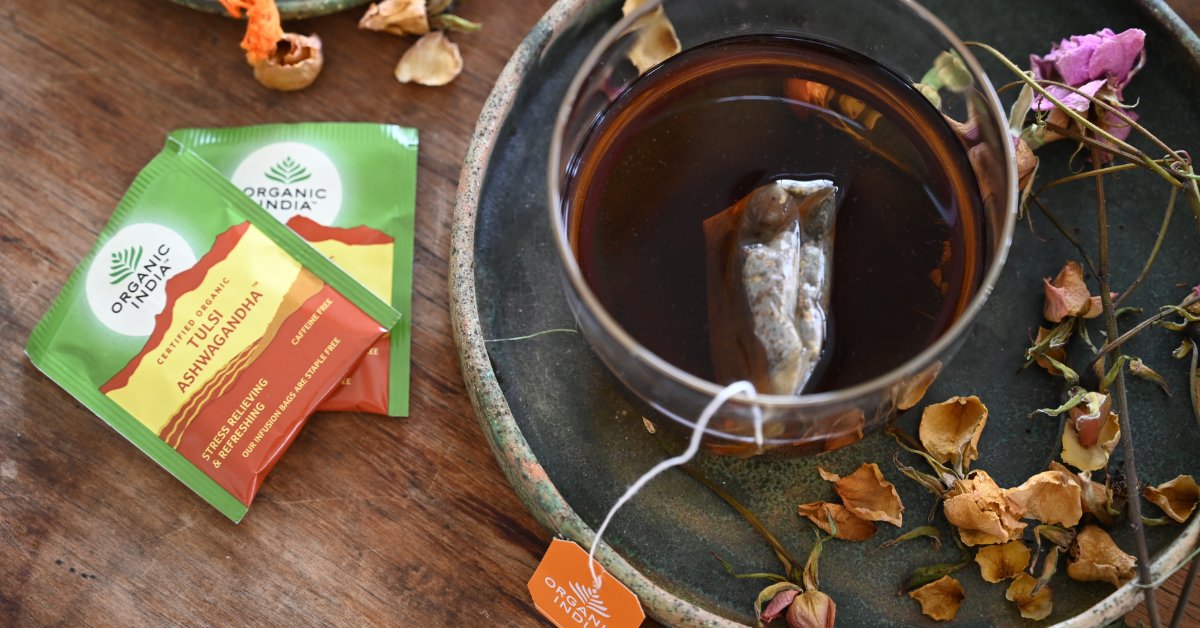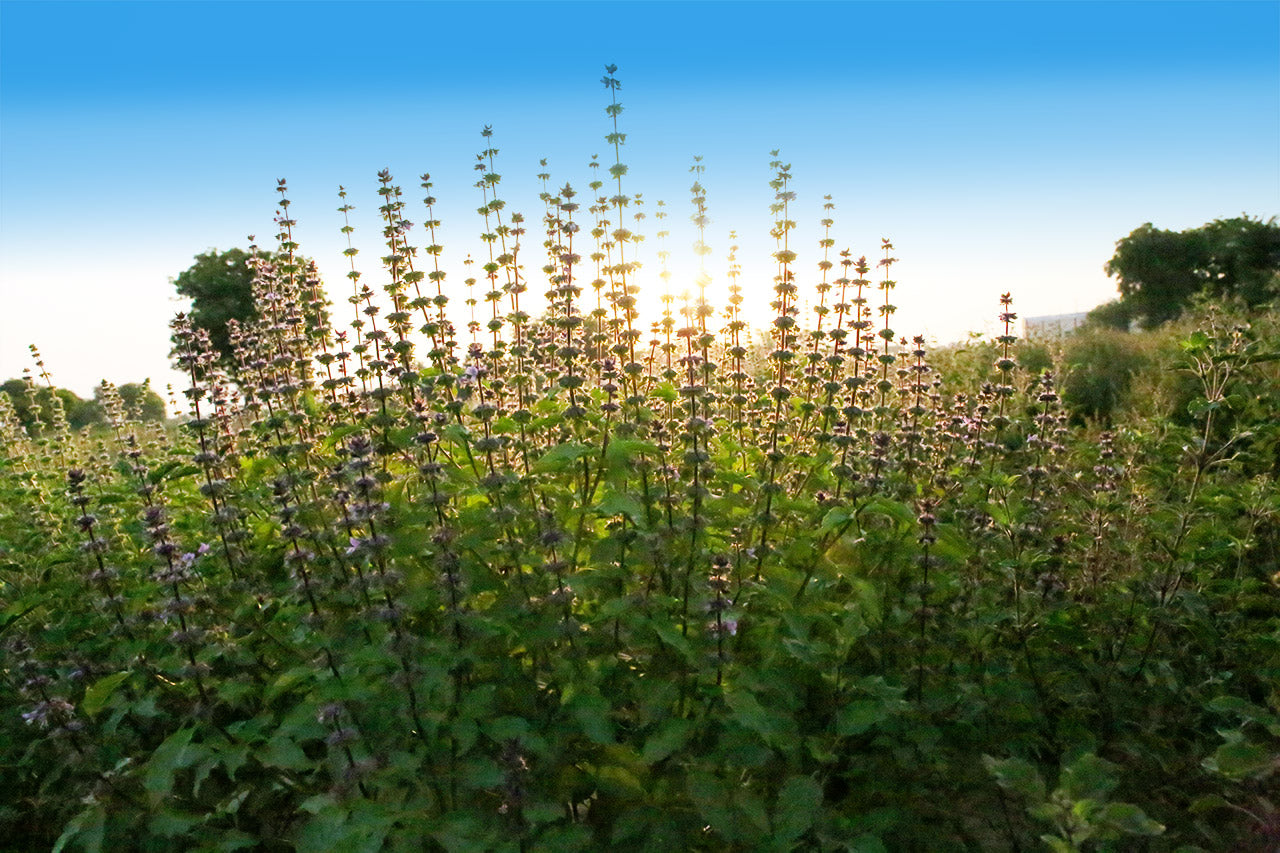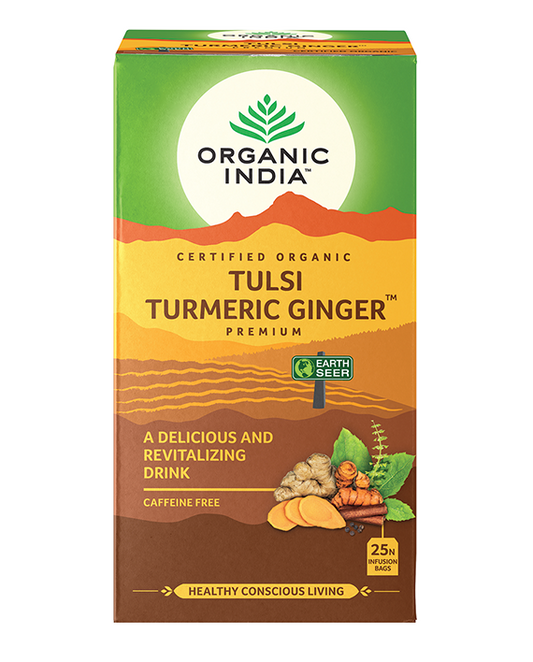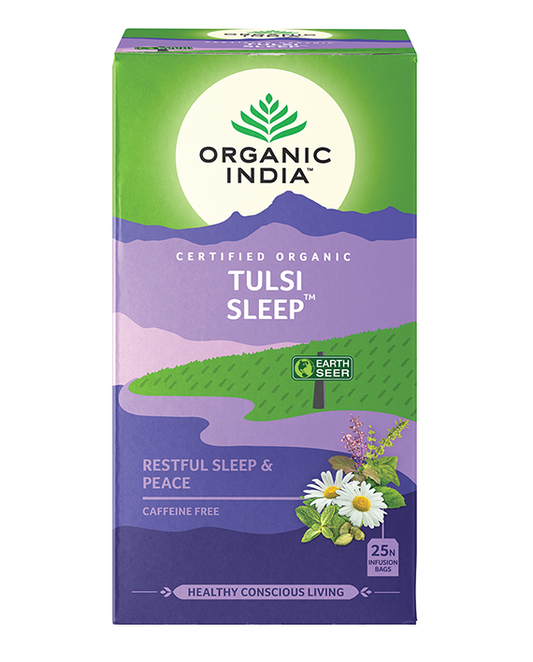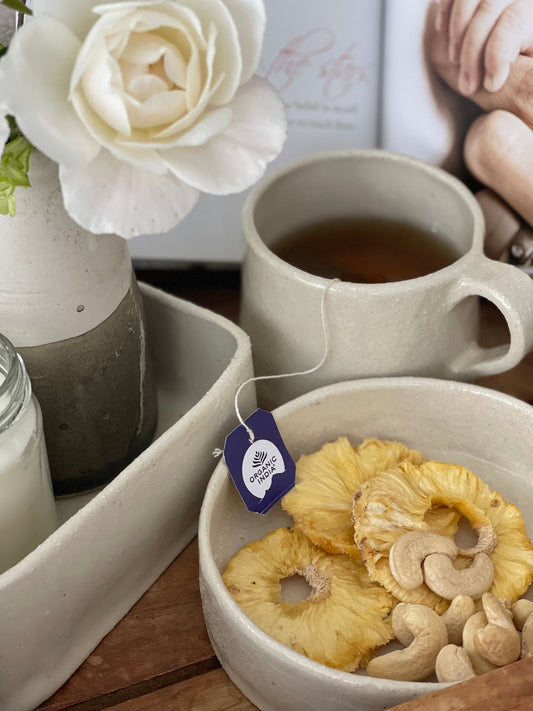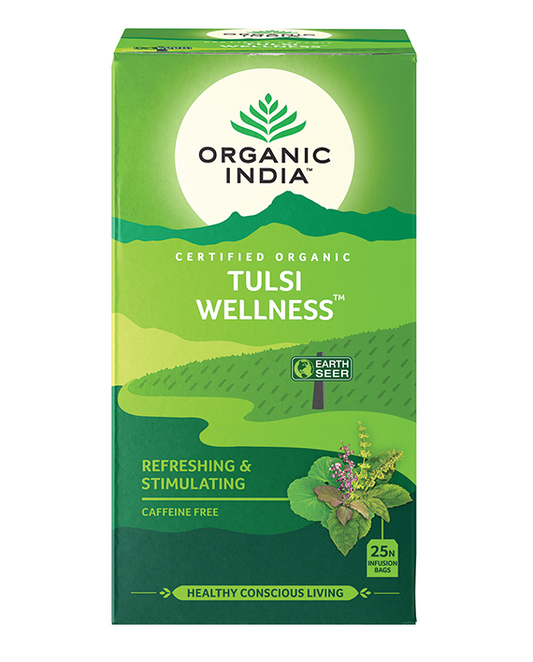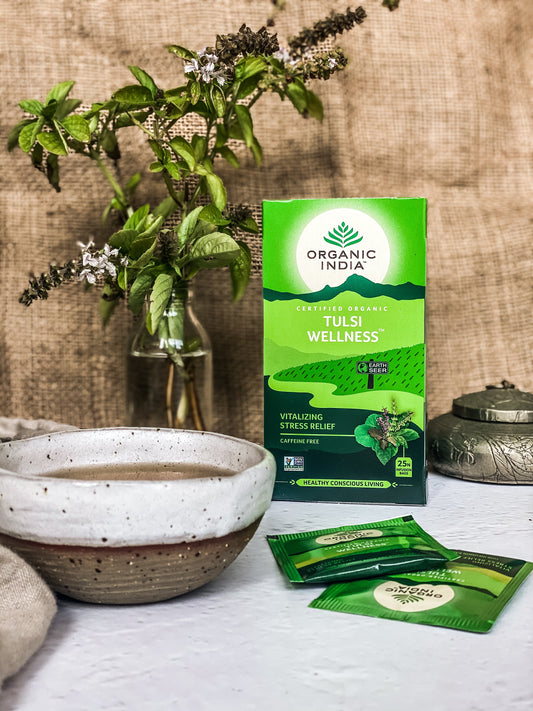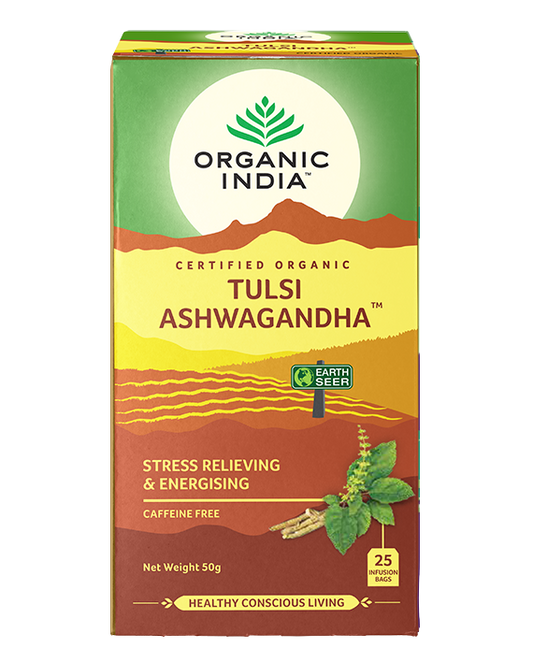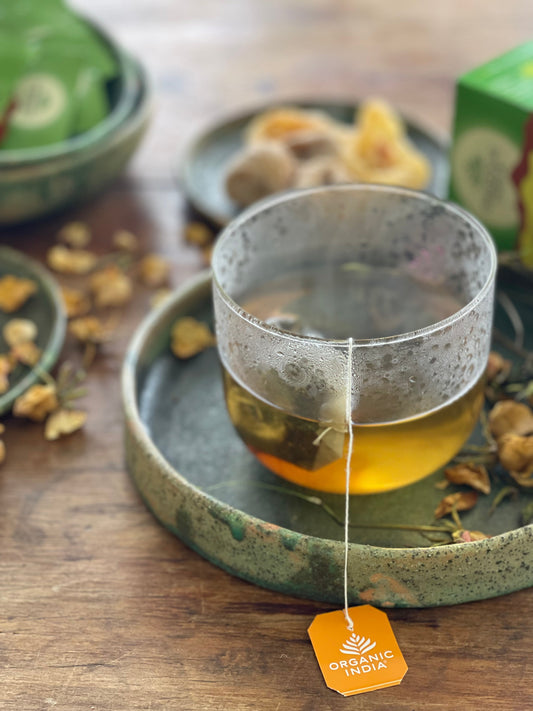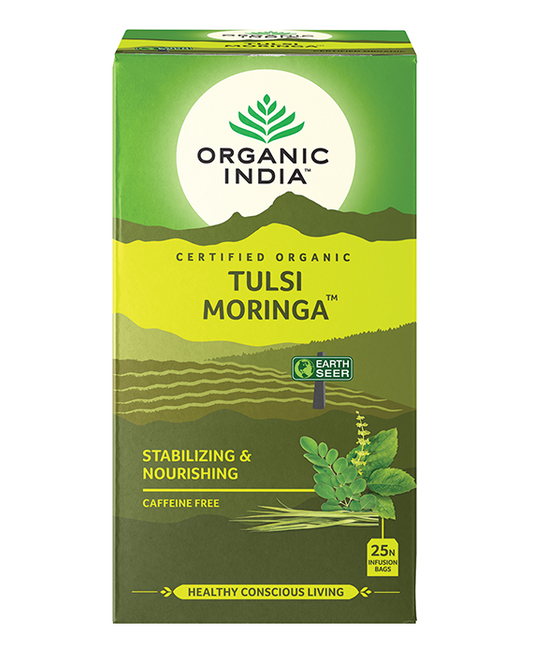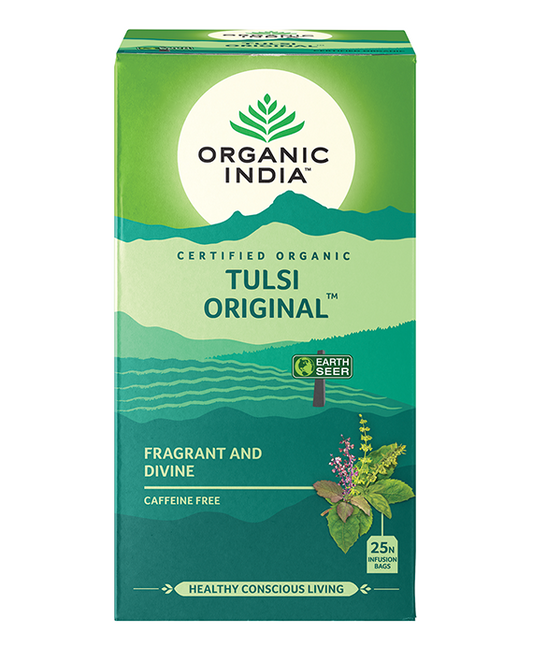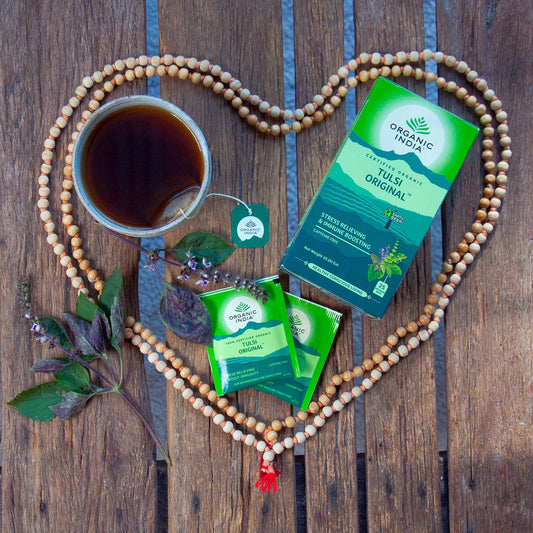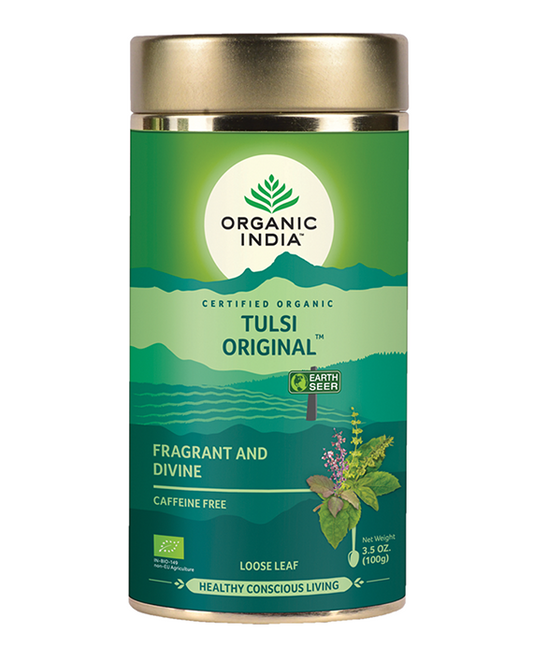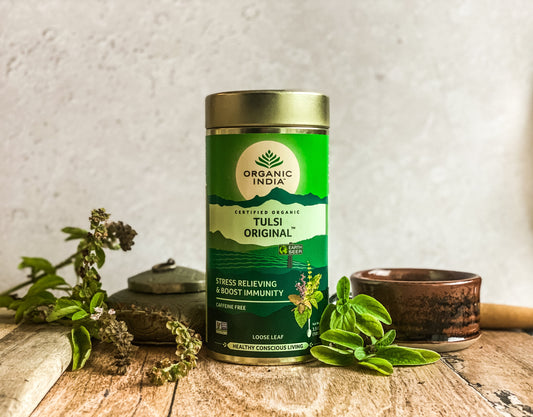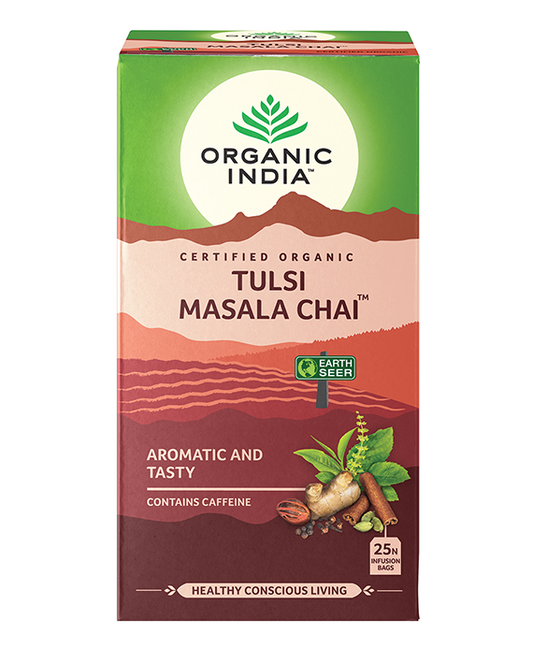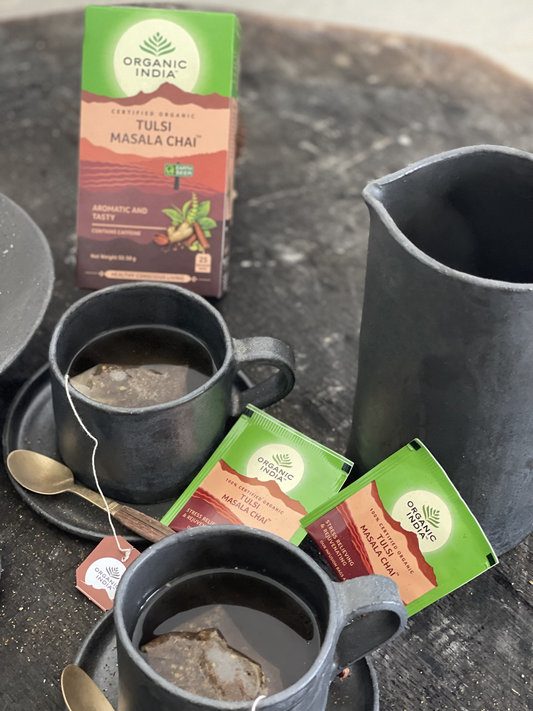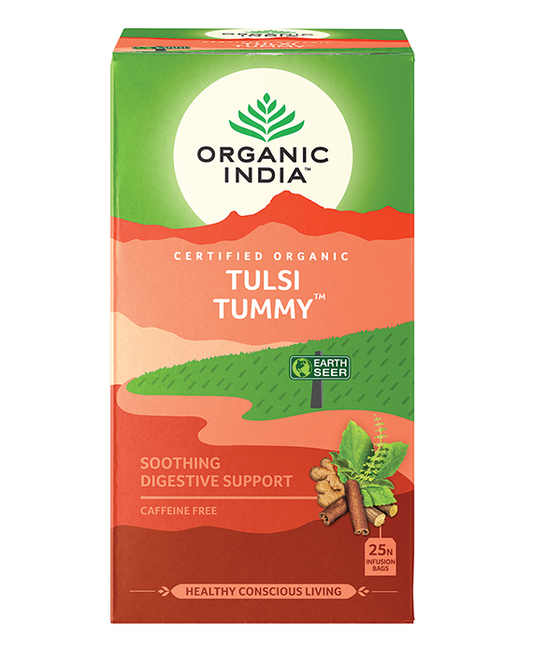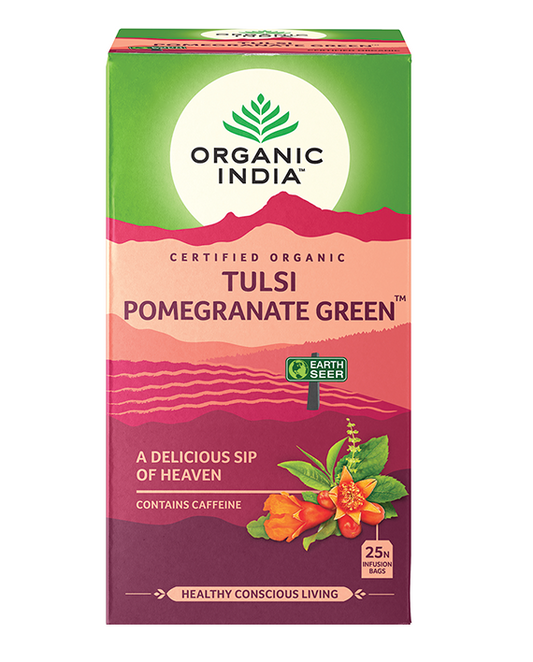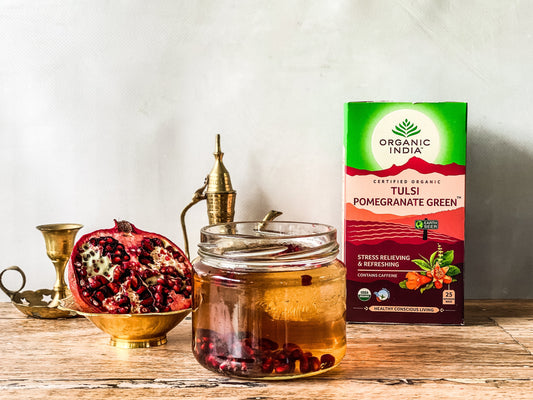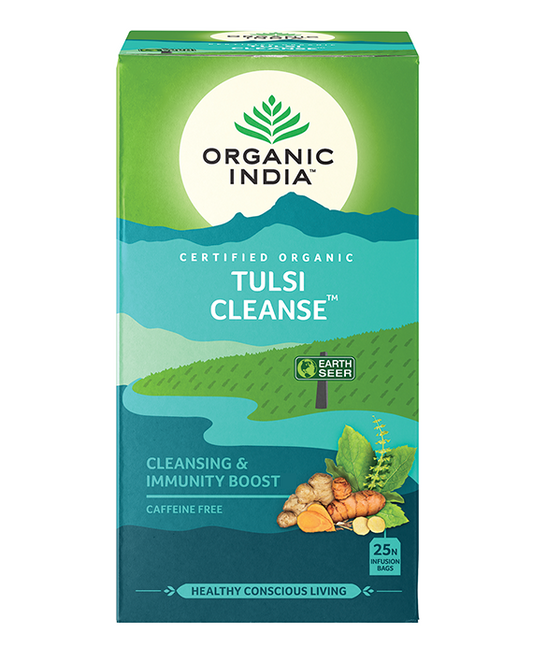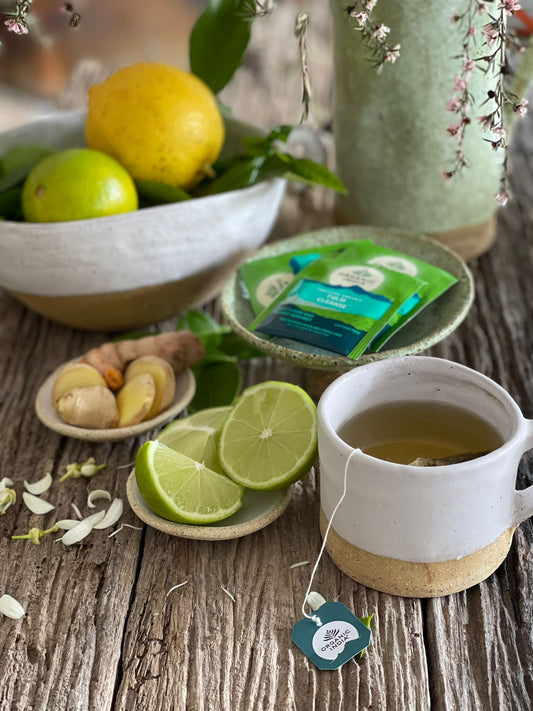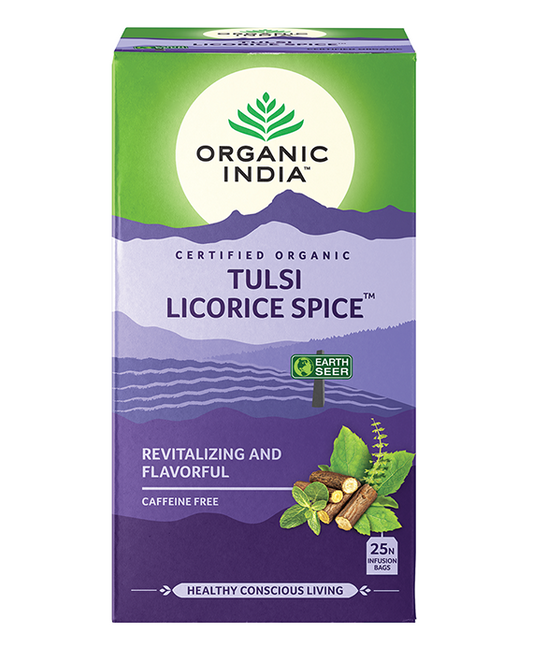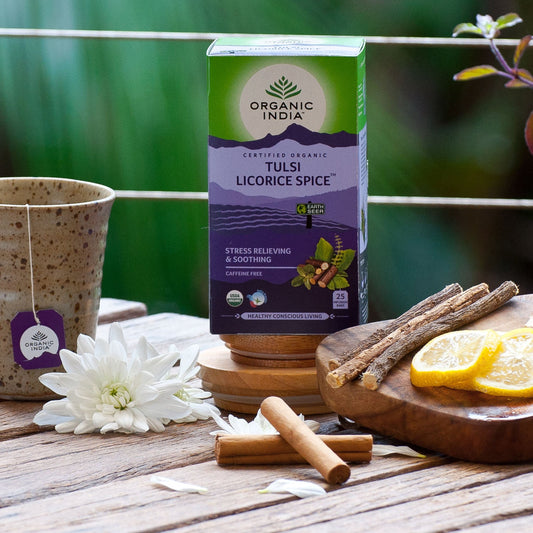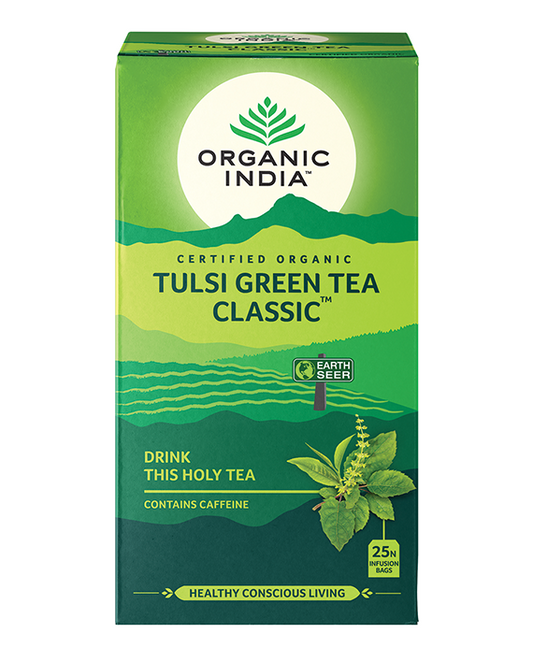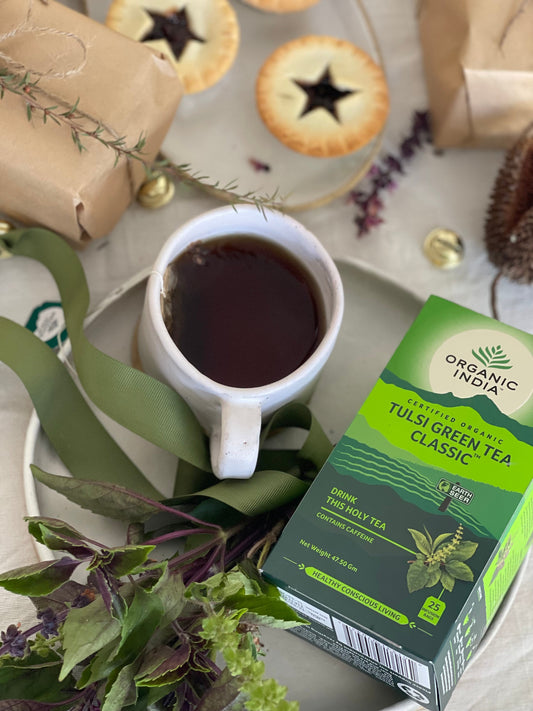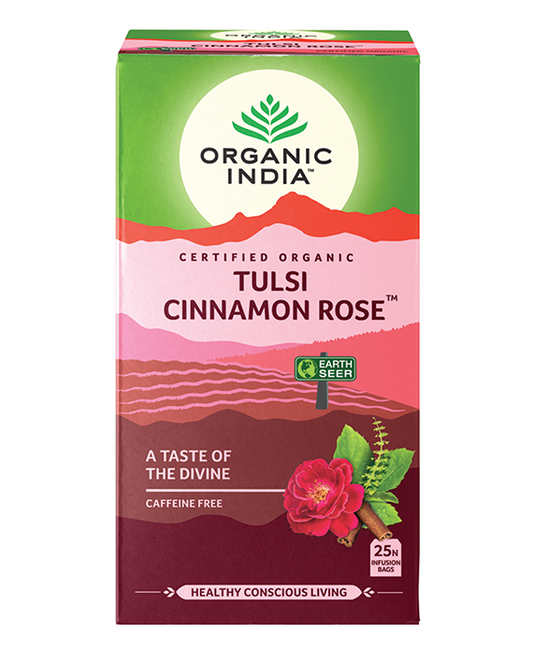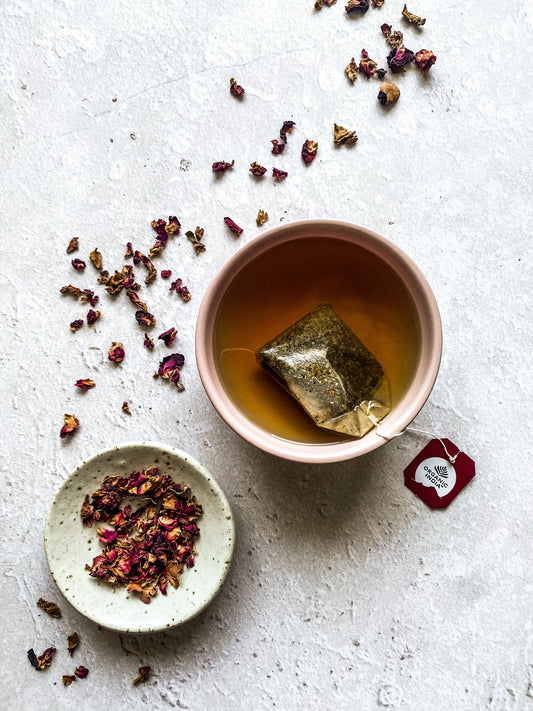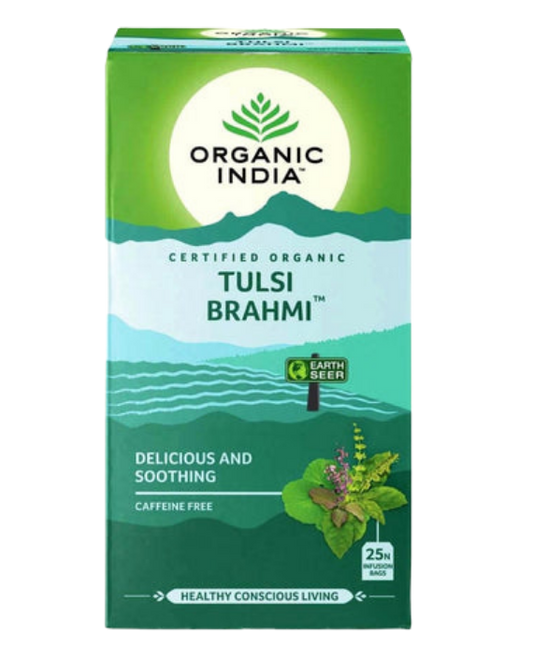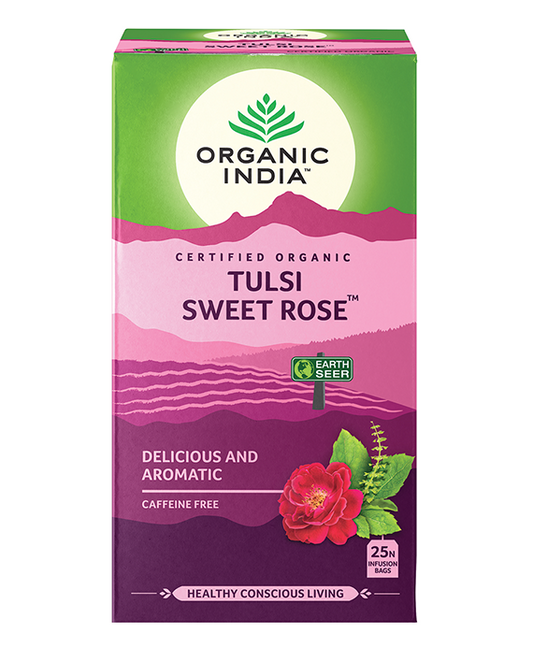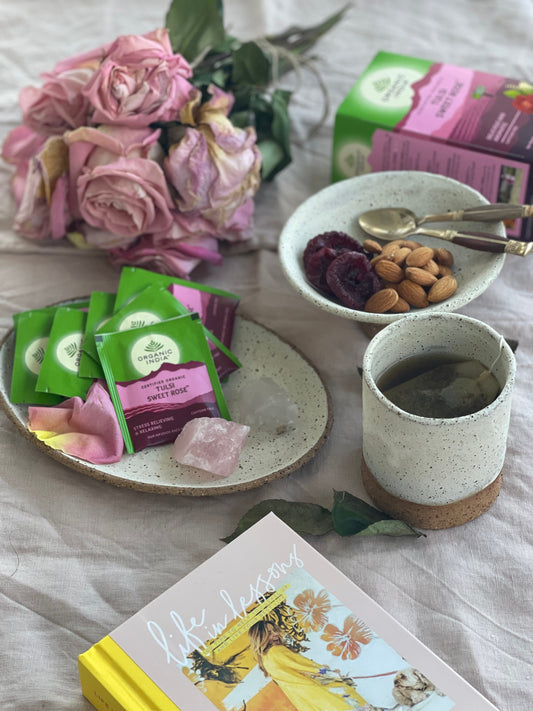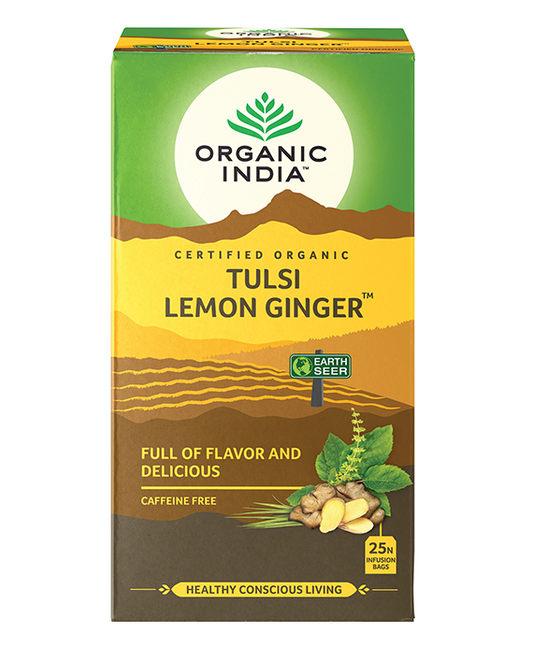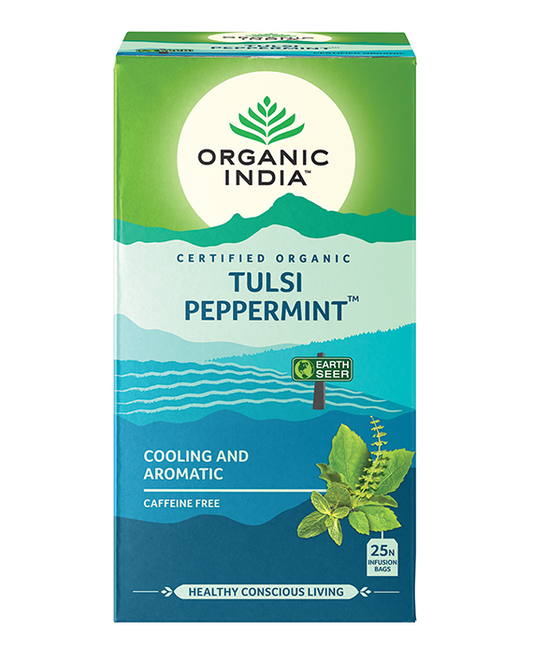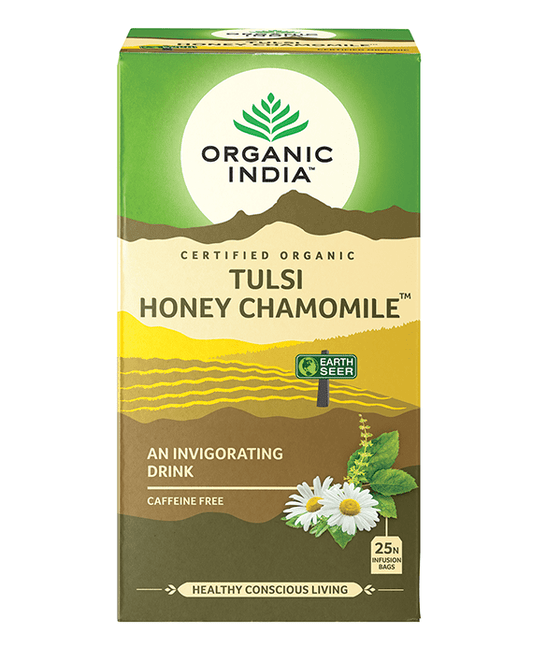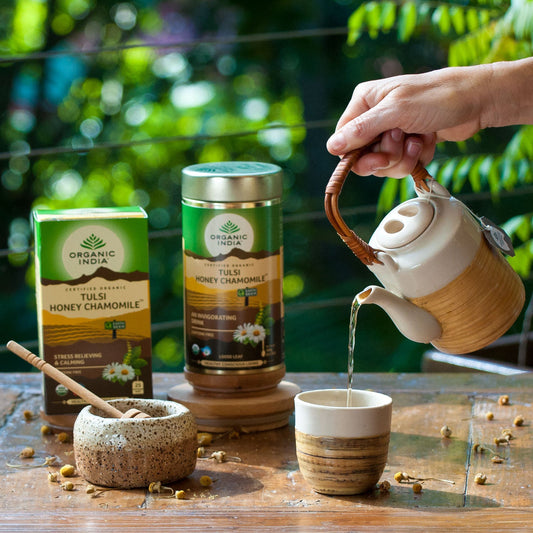What is Tulsi?
Have you heard of Tulsi? This little-known herb is slowly gaining in popularity but in India, where it is commonly grown, it’s revered as a sacred herb with many benefits, including working wonders on relieving stress.
It’s considered the holiest of plants by Hindus and is used in Ayurvedic medicine and treatment. Tulsi is known by not one, two or three but by more than four other names – all of them hinting at its ‘wonder properties’. You may find Tulsi referred to as Holy Basil, as Mother Medicine of Nature, The Queen of Herbs or The Incomparable One.
Native to India and Africa, Tulsi, or Ocimum tenuiflorum, is an aromatic perennial plant part of the Lamiaceae family. There’s said to be 108 varieties of Tulsi. Each variety of Tulsi has a slightly different look, taste and smell and when combined, create a perfectly balanced herbal infusion with an array of health benefits.
What’s the difference between Tulsi and Basil?
Although Tulsi and Basil share similar aromatic qualities, they’re actually two different plants (Ocimum tenuiflorum and Ocimum basilicum). While basil is commonly used to zest up cuisine, Tulsi leaves are typically used for health solutions.
